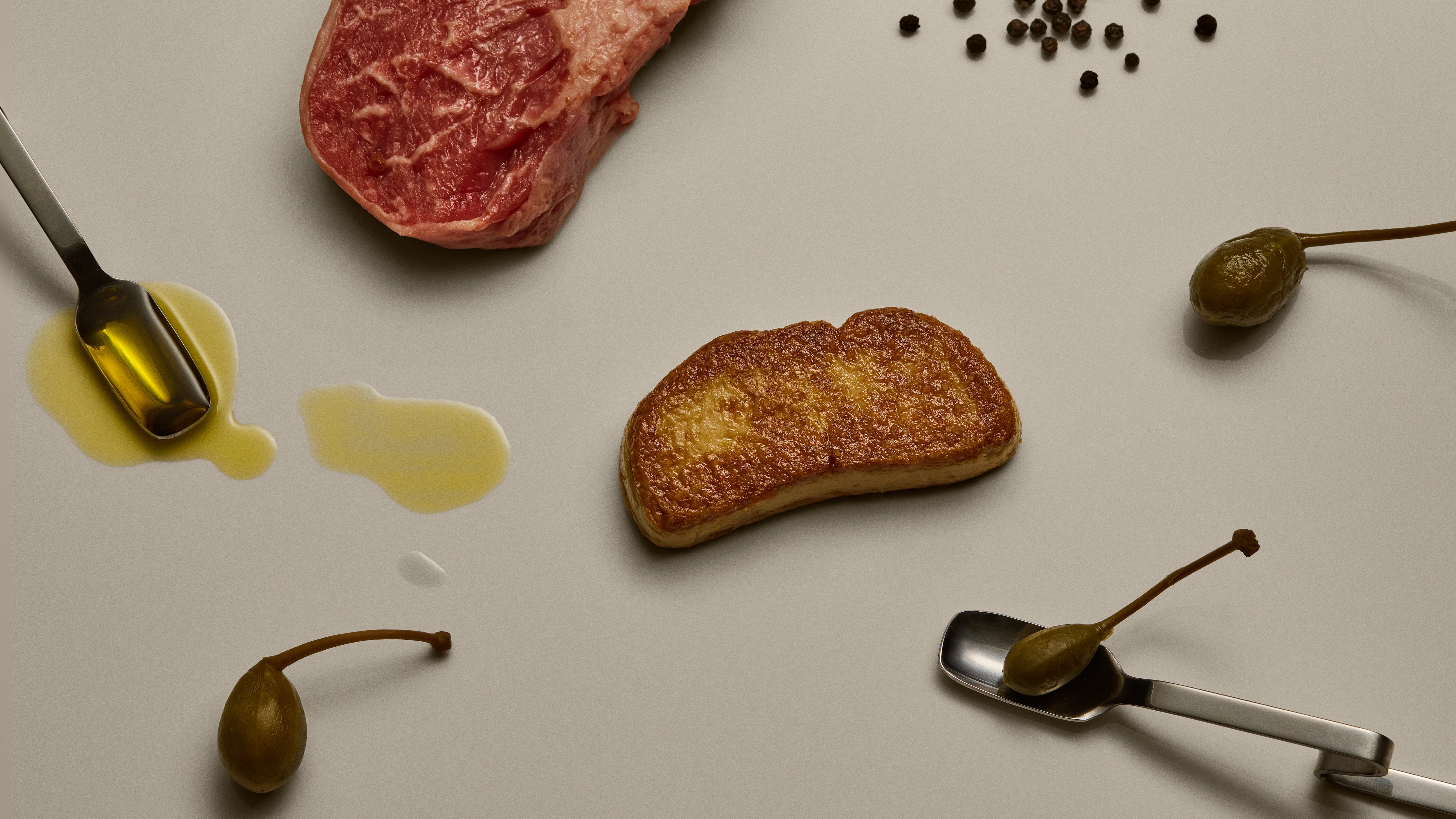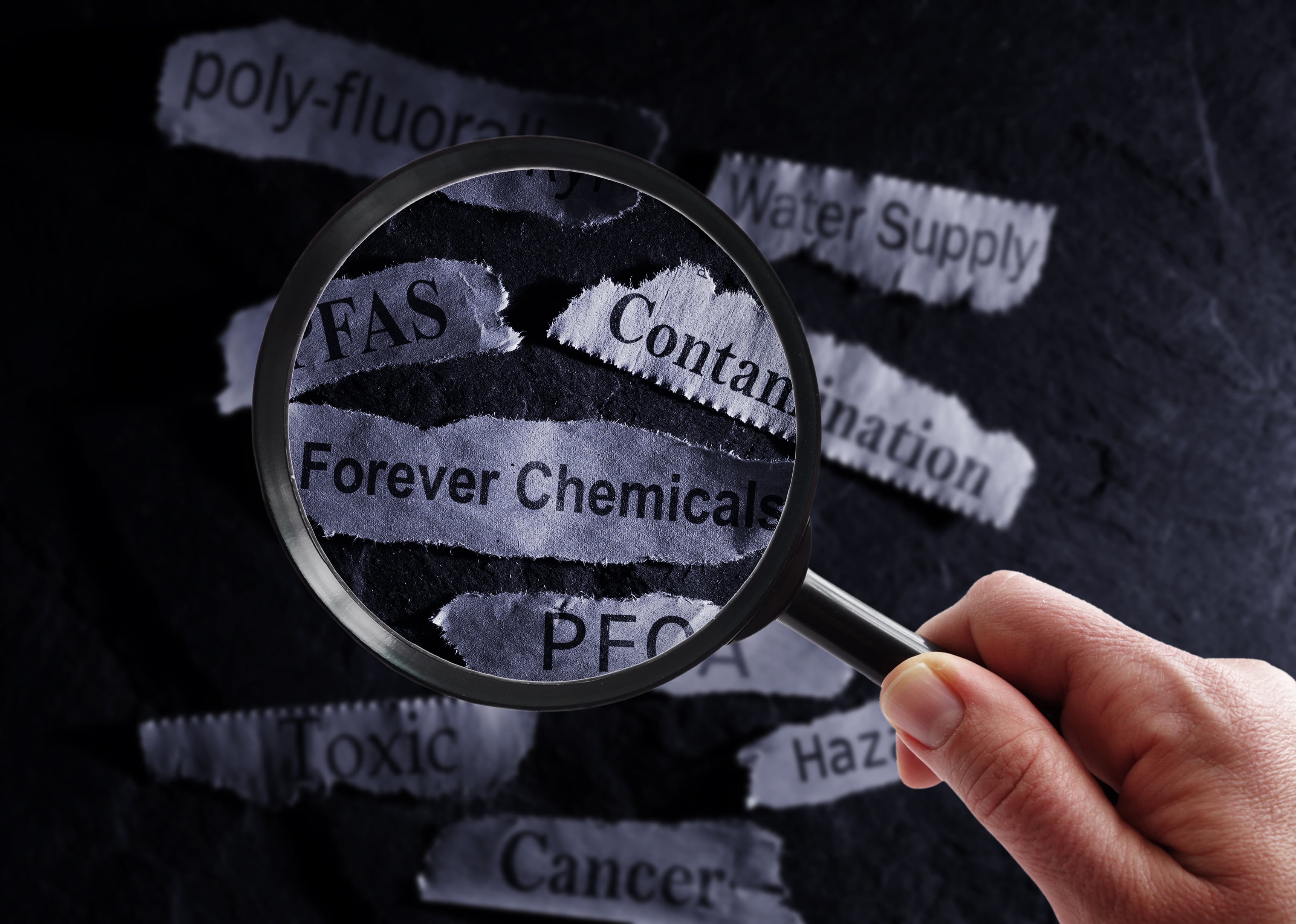This week, food technology firm Vow secured approval from the Food Standards Australia New Zealand (FSANZ) for its Japanese quail cultivated meat (also known as lab grown or cultured meat).
The startup’s quail meat will be sold under the Forged brand in “dozens” of venues across Australia within weeks, Vow has said, with “high demand” for the product witnessed in Singapore since it debuted last year.
It was approved in Australia following a rigorous multi-year food safety assessment by FSANZ, with the move set to have a ripple effect around the world.
“As a globally respected regulatory body, FSANZ’s approval of cultivated quail is certain to boost confidence among its counterparts in other countries — most immediately in South Korea, which is expected to complete its first cultivated meat review this year,” argued Ryan Huling, senior writer at the non-profit Good Food Institute Asia Pacific.
“Other nations in various stages of cultivated meat exploration, including Thailand and Malaysia, will also no doubt be reassured by the fact that FSANZ has added its seal of approval to existing regulatory approvals in Singapore and the US.”
Huling said that the Good Food Institute Asia Pacific has worked on promoting the idea of global regulatory alignment on cultivated meat, with a working group set up at a recent UN food code meeting.
“Having an agricultural powerhouse like Australia join the growing coalition of countries that have cleared cultivated meat for sale is the kind of catalyst that will significantly expand the body of public regulatory data available to other nations and inevitably nudge some to sit up and pay attention in a way that they might not have otherwise,” he continued.
“In such situations, it’s easy to think of these cascading effects like dominoes, falling laterally one after another. But a more apt metaphor for creating an industry of this scale may be to imagine building a skyscraper from the ground up.
“Getting the first permits is often a years-long process, during which it looks like no progress is being made at all. But once those initial hurdles are cleared, the construction team can get to work laying a solid foundation. Soon, more help arrives to erect the scaffolding, pour concrete, and start laying bricks one by one.”
Vow is involved in a sandbox programme in the UK along with seven other firms at the moment, which aims to complete full safety assessment of two Cell-Cultivated Products by March 2027.
Good Food Institute Asia Pacific CEO Mirte Gosker also welcomed the news out of Australia.
“Australia’s public embrace of cellular agriculture could enable local food producers to sell healthy and delicious cultivated proteins through existing agricultural distribution networks and add substantial new revenue streams to their ledgers,” Gosker said.
“It also sets the stage for greater international regulatory harmonisation, which has the potential to unlock export opportunities across the world’s most populous region.”
On the possibility of cultivated meat becoming mainstream, Gosker added: “Sustainably satisfying rising meat demand will require scaling up additional forms of protein production that can complement the traditional farming methods Australia is renowned for.
“Meat has never been more popular, especially in Asian markets that import top-quality proteins from down under. The challenge is that conventional production methods are highly inefficient: we currently feed up to 100 calories to a cow to produce just one calorie of beef.”




